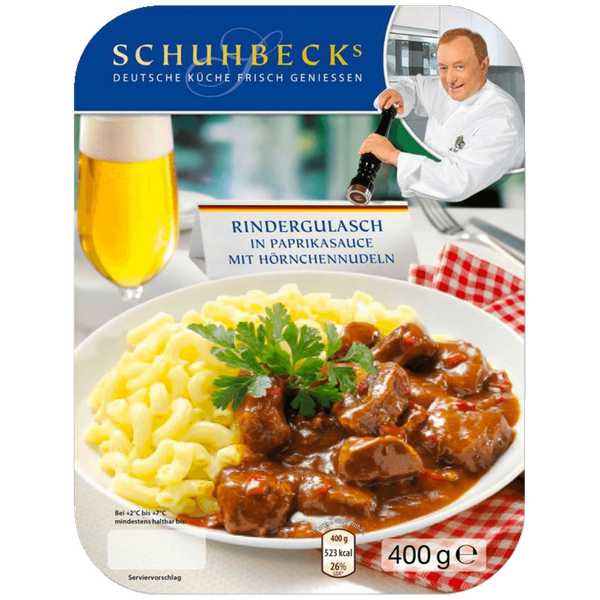Despite a generally negative public perception, ready meals provide a solution for many consumers, such as busy parents and Europe’s burgeoning elderly population. An answer to this can be found in slow cooking and low temperature techniques, such as sous vide, suggests research by the Norwegian Institute of Food, Fisheries and Aquaculture (Nofima).
In nutritional tests on ready-made stew and stew made from scratch, Nofima found that in 17 out of 18 nutritional categories both meals scored the same.
However, levels of vitamin B and C were also higher in the ready meal stew. This was due to both slow cooking techniques and packaging, explained Jan Thomas Rosner, a scientist at Nofima.
“Water-soluble vitamins in particular, such as vitamin B and C may be lost when raw ingredients are heated, and vitamin C is least resistant to heat. In general a third of vitamin C is lost when vegetables are boiled in water for five minutes.
"There may by differences, but today many processing technologies and heat treatments are mild and comparable to treatments in home kitchens. Also, when the product is packaged prior to heat treatment, the vitamin loss in the final product will be less. Water soluble vitamins are still in the packaged, sometimes mixed into the sauce and can be used in the meal.”
Whilst these techniques are not new, and are increasingly popular with chefs, Rosner said that industrial use of sous vide remains small scale. "My opinion is that these technologies have a great efficiency for the industry, can serve both the retail market and the food service industry" he said.
Adjusting perception
Rosner also explained that because of health and safety requirements, the public assumes processed and prepared meals require high temperature cooking, which in turn reduces nutrition.
A survey by Norweigian food group Orka last year showed that whilst eight out of 10 Norwegians believe using wholly or partly ready cooked meals is acceptable, the majority – particularly women – believes they contain higher levels of sugar, poor quality ingredients and artificial additives.
However, a report by market research company Mintel from 2016 also shows a high demand for the convenience of ready meals. More than 80% of German respondents to a survey said they valued ready meals in saving time, and 74% found it valuable for solo dining.
Whilst public awareness of food and nutrition continues to rise, so does demand for convenience and shortcuts in the kitchen.
A number of high-end ready meal lines have already been launched in Europe, aiming to convey to consumers that they can have their (ready-cooked) cake and eat it.
Gaining endorsements from celebrity chefs and restaurants has been particularly effective in this; German products such as Schuhbeck’s Beef Goulash (endorsed by TV chef Alfons Schuhbeck) and Gosch Sylt’s 'Wild Salmon Spaghetti' (endorsed by restaurateur Jurgen Gosch) have both found success in this way.

Mintel data also shows a 15% rise in consumer appeal to celebrity or restaurant endorsed ready meals in the past two years.
The population of those over 65 years of age is expected to double by 2060, and by 2080 to account for 30% of the entire European population. Along with a time short and increasingly food conscious public, the ready meal market is set to expand rapidly.
